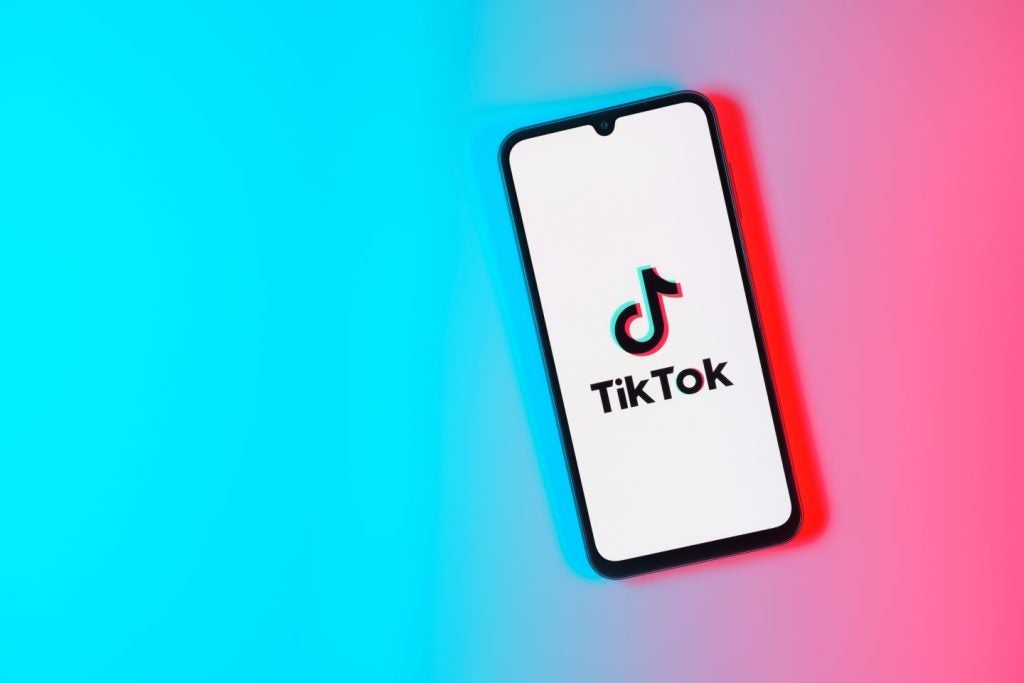Many Chinese edtech companies face an uncertain financial future. China’s new regulations ban companies that teach school curriculum subjects from making profits, raising capital, or listing on stock exchanges worldwide.
Listed below are the key regulatory trends impacting the edtech theme, as identified by GlobalData.
Government oversight (China)
China is spending billions of dollars on edtech. It is also strictly regulating its delivery. In March 2021, China’s Ministry of Education announced that education departments should limit the times when primary and secondary school students take part in online learning to ensure they are getting enough sleep. In addition, the ministry announced that departments in all regions of China should strengthen the management of online training and online training platforms to ensure that live online training activities end no later than 9 pm.
The announcement followed a difficult month for China’s online education industry, with state publications and social media rumours predicting greater regulation of the Chinese edtech industry. Delegates at the country’s annual so-called Two Sessions government conference, which began on 4 March 2021, called for more regulation of private online tutoring regarding both content and consumer rights.
In mid-March 2021, an online education industry alliance was established to promote industry standards and strengthen internal regulations in the industry. In July 2021, Beijing mandated turning China’s once-thriving after-school tutoring market into a non-profit industry while prohibiting indirect foreign ownership of edtech businesses.
Government oversight (UK)
According to the EdTech Advisory Forum think tank, a dedicated UK office for edtech and digital skills should be established to drive coherent national change. The group, made up of school leaders and tech specialists, released an interim report in October 2020, investigating the impact of Covid-19 on education and children’s services. It fears edtech is too fragmented across the government with the Department for International Trade (DIT), the Department for Digital, Culture, Media & Sport (DCMS), the Department for Business, Energy, and Industrial Strategy (DBEIS), and the Department for Education (DfE) all playing a part.
Government oversight (US)
In the US, the primary edtech concern is getting value for money. According to the EdTech Evidence Exchange, US states spend tens of billions of dollars each year on edtech tools but cannot track how useful or effective they are.
The Exchange’s CEO, Bart Epstein, estimated that edtech spending in the US K-12 school sector ranged between $60bn and $75bn in 2020. The Exchange argues that many states lack basic tracking of the learning technologies in use across school districts. Many edtech products and programmes are purchased with the best intentions but are then used rarely, if ever.
The group wants the Biden administration to think more collectively, martial all the resources available to make edtech work for every child, and lead with the data. Too often, Epstein believes, districts purchase edtech solutions but skimp on the training necessary to use those solutions.
Derailed initial public offering (IPO) plans
The fallout from China’s action has forced the country’s edtech companies to rethink their funding plans. For many, it’s just a question of survival. China’s decrees ended months of speculation that savaged the share prices of three of China’s most familiar edtech players: New Oriental Education & Technology Group, TAL Education Group, and Gaotu Techedu (formerly GSX Techedu).
The three’s combined market caps, which exceeded $100bn in February 2021, crashed to $8.4bn by the end of July 2021. The government crackdown has thrown into question the immediate future of several planned IPOs, including VIPKid and Yuanfudao (backed by Tencent) and Alibaba-funded Zuoyebang.
Alleged copyright infringement
The role of edtech companies like Chegg in providing homework answers to students has been called into question after educational publisher Pearson sued Chegg for alleged copyright infringement. Pearson said Chegg had violated its rights by reproducing hundreds of thousands of questions from its textbooks and selling them, along with the answers, as part of a homework help subscription service for students.
Chegg was licensed to publish materials by Pearson, but the publisher said its right to display content expired on 1 June 2021. The suit has far-reaching implications for the online study guide sector in which Chegg operates. If Pearson were to win the case, some copyright lawyers have suggested that it could impact the entire academic industry.
Data privacy
The move to remote learning during the Covid-19 pandemic has highlighted a continued risk for parents and students from data collection practices and invasive technologies. The collection of data harvested by edtech companies includes video recordings of students’ interactions with their teachers, potentially sensitive health information, system log-in time and location, and student chat history. As a result, education boards worldwide are now starting to take a closer look at how they regulate edtech companies’ privacy practices.
According to the US pressure group the Center for Democracy & Technology (CDT), more work is needed to protect privacy and keep students safe. In a March 2021 report, the group found that 70% of teachers said their school has a tech plan in place that addressed student privacy and security, a 10% increase from a similar report in July 2020. However, the CDT believes that despite this progress, significant gaps in student privacy remain.
This is an edited extract from the Edtech – Thematic Research report produced by GlobalData Thematic Research.








